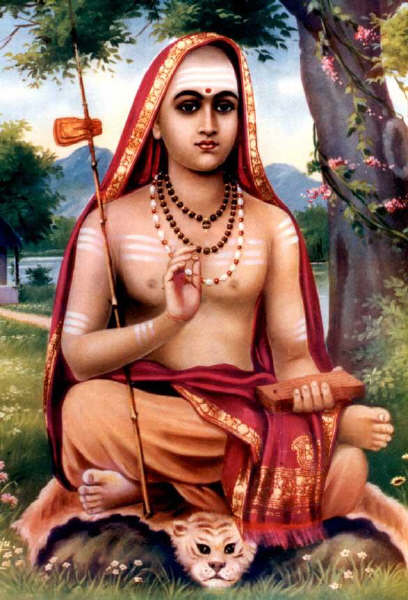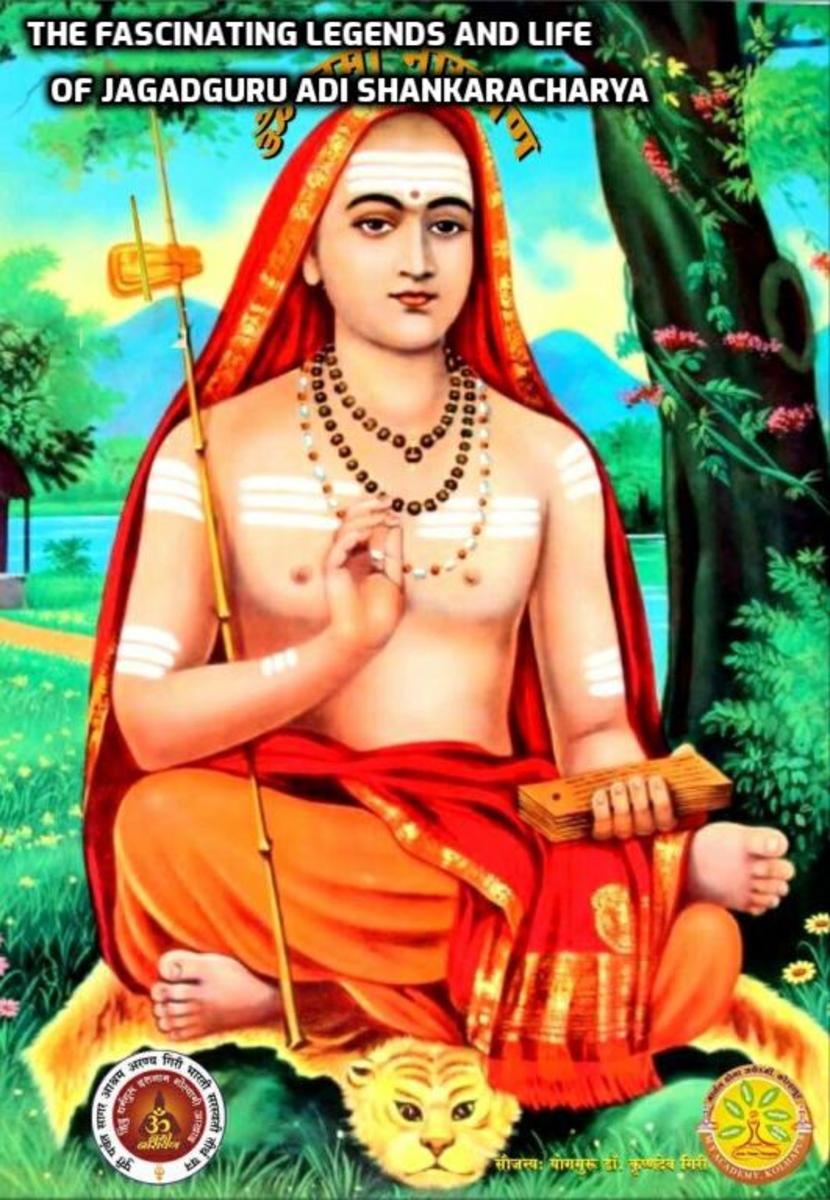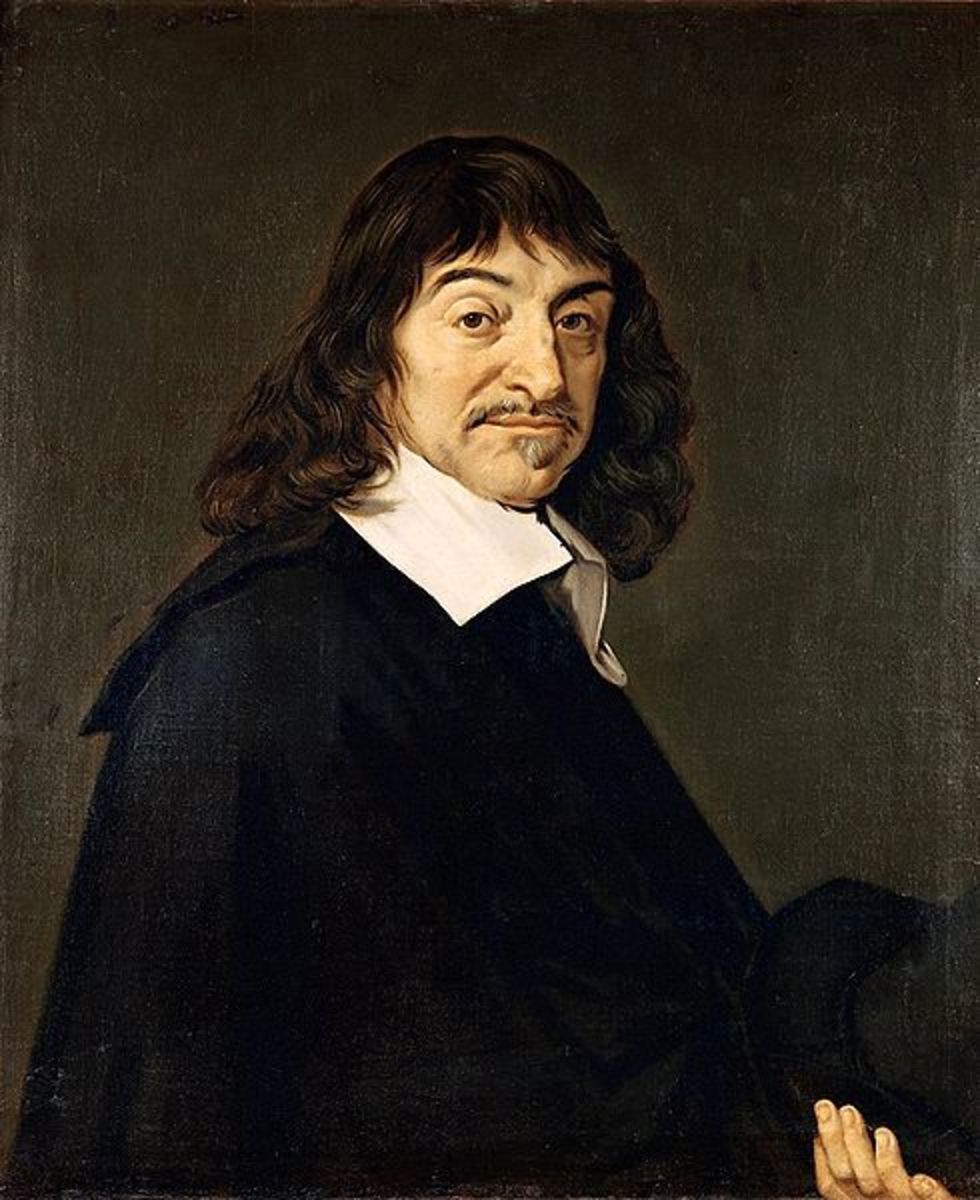ADI SHANKARA AND ADVAITA PHILOSOPHY

SHANKARA: HIS LIFE AND TIMES
Very few Indian philosophers have influenced Indian thought and culture as SHANKARA, though the great ancient philosophers like AITEREYA, `YAJNAVALKYA, KAPILA and many others had contributed a lot to the evolution of Indian philosophy. What made him stand out was his versatility as a great thinker, organizer and communicator. Though there is no certainty about the date of his birth, scholars are of the view that he was born around 788 CE, in Kalady, in the South Indian state of Kerala.
India during this period was in a state of intellectual ferment. Heterodox beliefs like Jainism and to some extent Buddhism was in the ascendant. Countering them were the MIMAMSAKAS who exaggerated the importance of Vedic rituals. This was further compounded by the emergence of devotional sects like the SAIVAITES (Nayanmars who were devotees of Lord Shiva) and VAISHNAVITES (Alwars who were devotees of Lord Vishnu). Realizing the directionless, conflicting and futile spiritual scenario, SHANKARA devoted his energy in blending the ethical and spiritual needs of the people by giving it a refined intellectual framework called ADVAITA.
SHANKARA achieved this in two ways. On the one hand he used the power of logic and debate in subduing the heterodox beliefs and entrenched orthodoxies. On the other he went about integrating sparring sects by propagating the philosophy of ADVAITA. What made Shankara different from some of the earlier philosophers was his organizing skill. Unlike them he went about setting up MUTTS or monastic institutions in four corners of India, like Dwaraka, Sringeri, Puri and Badrinath. There is also a fifth one at Kanchipuram which is believed to have been set up the acharya.
ADVAITA AND ADI SHANKARA
ADVAITA popularly referred to as the Monistic school of Indian philosophy attempts to reveal the underlying unity in the apparently conflicting belief systems which prevailed. The basic concepts of ADVAITA are:
1.The ultimate reality is the eternal and impersonal BRAHMAN which is mentioned in the UPANISHADS and of which we have no conceptual knowledge.
2.Though the absolute is unchanging in time and space, it appears to be so on account of the power of MAYA
3.The absolute is beyond the notion of causality and therefore this idea is inapplicable
4.The ‘ATMAN’ or the spirit in man is the same as the all pervading BRAHMAN or spirit which is reflected in the saying ‘AHAM BRAHMOSMI’ (I’m the Brahman)
IMPACT
These principles imply that all our sufferings are on account of ignorance of the individual’s identity with the BRHAMAN. Liberation from this according to SHANKARA cannot be just through rituals and devotion, but only through JNANA or illumination. But the impediment to this knowledge is illusion due to our wrong perception. This according to SHANKARA is due to three types of experiences an individual goes through. For example seeing a serpent in a dream is an illusory experience, and it is called PRATIBASIKA (illusory). On the other hand mistaking a rope for a serpent is an error of perception and is called VYAVAHARIKA (empirical). Where we are able to recognize a rope as a rope when illuminated such an experience is called PARAMARTHIKA (transcendental). Every individual is subject to experiences of the second variety and not the first. Here the ignorance deludes us from realizing the true identity and erroneously believe that we are separate from the Absolute BRAHAMAN. Only JNANA or knowledge can help us remove this veil of ignorance and be in communion with the ABSOLUTE.
SHANKARA’s ADVAITA helped in combating and limiting the rate of growth of the heterodox schools. Buddhism gradually faded away in the land of its birth and Janism continued to exist, though with very limited number of followers
IMPORTANT WORKS
Some of the important works of ADI SHANKARA are:
PHILOSOPHICAL
BHAGAVAT GITA BHASYA
BRAHMASUTRA BHASYA
UPANISHAD BHASYA
ATMA BODH
VIVEKACHOODAMANI
TATTVA BODH
SADHANA PANCHAKAM
HYMNS
SOUNDARYALAHARI
SHIVANANDALAHARI
BHAJA GOVINDAM
KANAKA DHARA STOTRAM







